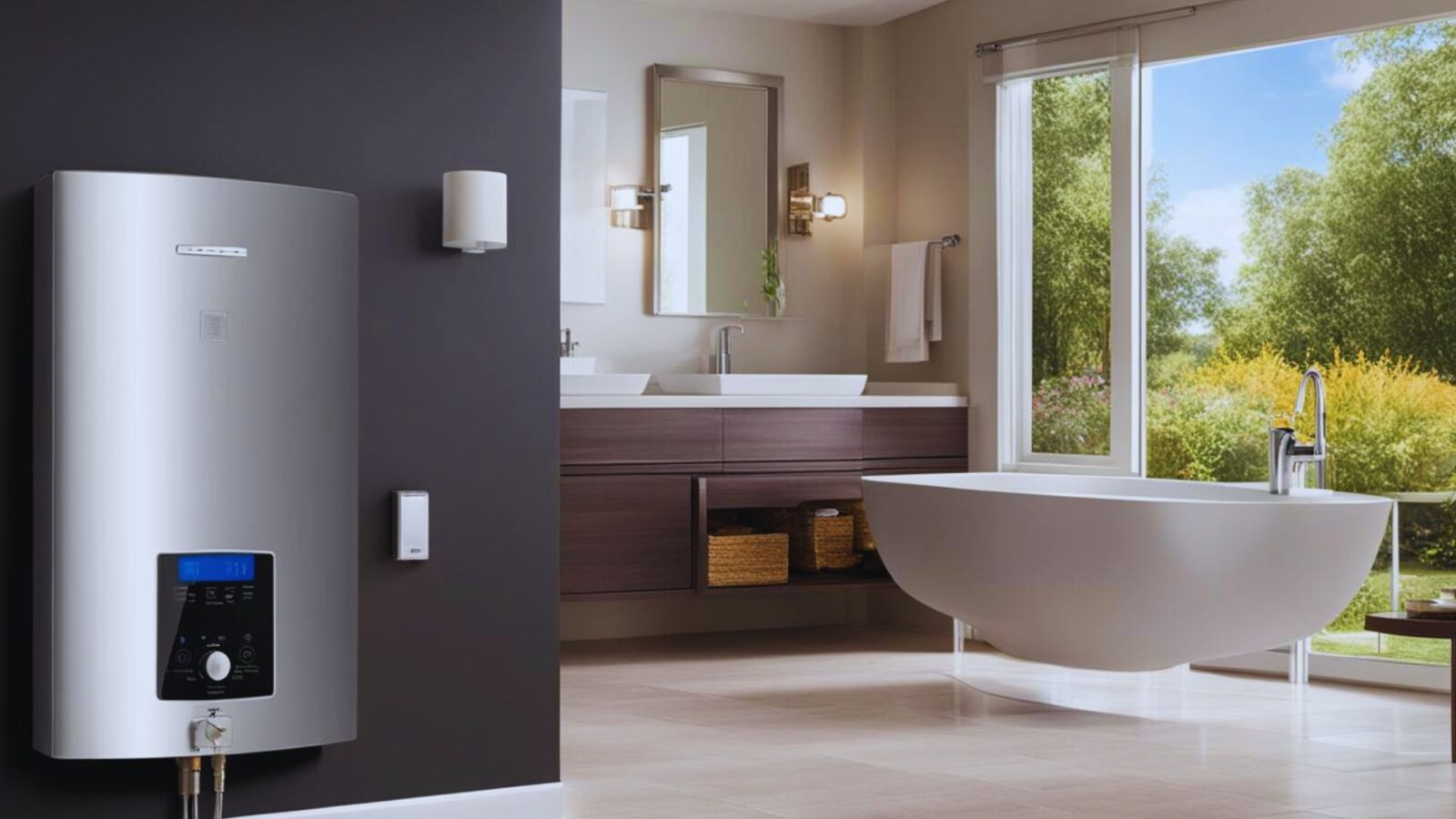When it comes to home comfort, water heaters play a vital role, ensuring a steady supply of hot water for showers, washing dishes, and doing laundry. Among the many decisions homeowners face, one of the most common is choosing between electric and gas water heaters. Each type has its advantages and disadvantages, and the right choice depends on factors such as cost, energy efficiency, environmental impact, installation, and long-term maintenance. In this blog, we’ll break down the key differences and help you determine which is better for your home: electric or gas water heaters.
How Do Electric and Gas Water Heaters Work?
Before diving into comparisons, it’s essential to understand how both types work.
- Electric water heaters: These use electrical resistance heating elements to warm water. They typically have two elements inside the tank — one near the top and another near the bottom — and electricity flows through them to heat the water.
- Gas water heaters: These rely on natural gas or propane to fuel a burner located at the bottom of the tank. The burner heats the water from the bottom up, with the exhaust gases vented outside through a flue.
Now that we understand the basics, let’s explore the various aspects you need to consider when choosing between electric and gas water heaters.
1. Cost of Installation and Equipment
One of the first factors many homeowners consider is the initial cost of the water heater, including equipment and installation.
- Electric water heaters generally have a lower upfront cost. The units themselves are often less expensive than their gas counterparts, and installation tends to be simpler since they don’t require gas lines or venting systems. This can save you a significant amount on labor and materials, especially if you’re switching from gas to electric.
- Gas water heaters, on the other hand, tend to have a higher initial cost. The heater itself is more expensive, and if your home doesn’t already have a gas line, installing one can be costly. Additionally, gas water heaters require ventilation to safely remove combustion gases, which adds to the installation complexity and price.
Winner: Electric water heaters are typically cheaper to purchase and install, making them a more budget-friendly option upfront.
2. Operating Costs and Energy Efficiency
The cost to operate a water heater is another critical consideration. This depends on both the cost of the energy source (electricity or gas) and the unit’s energy efficiency.
- Electric water heaters tend to have higher operating costs in most regions because electricity is generally more expensive than natural gas. However, electric models are often more efficient because nearly all the energy used is converted into heat.
- Gas water heaters, while less efficient (some heat is lost through venting), typically have lower operating costs because natural gas is often cheaper than electricity. Over time, this can result in significant savings, especially in areas where natural gas prices are low.
It’s also worth mentioning that tankless gas water heaters (which heat water on demand) can be much more efficient than traditional tank models, potentially lowering operating costs even further.
Winner: Gas water heaters usually have lower operating costs, but electric models can be more efficient. For long-term savings, gas may be the better option.

3. Recovery Rate
The recovery rate refers to how quickly a water heater can heat up a full tank of water after it has been depleted.
- Electric water heaters generally have a slower recovery rate. This means if you have a large household with high hot water demands, you might run out of hot water more quickly with an electric model.
- Gas water heaters excel in recovery rate. Because gas burners can heat water faster than electric elements, gas heaters can meet higher hot water demands, making them a better choice for large families or homes with multiple bathrooms.
Winner: Gas water heaters have a faster recovery rate, which makes them ideal for homes with high hot water usage.
4. Environmental Impact
In today’s world, many homeowners are concerned with their environmental footprint, and energy sources play a big role in that.
- Electric water heaters are often considered more eco-friendly because they don’t produce any direct greenhouse gas emissions. However, the environmental impact of an electric water heater depends on how the electricity is generated. If your local power grid relies heavily on coal or other fossil fuels, the environmental benefits may be reduced. On the other hand, if your electricity comes from renewable sources like wind or solar, electric water heaters are a greener option.
- Gas water heaters burn fossil fuels directly, which produces carbon dioxide (CO2) and other emissions. While natural gas burns cleaner than other fossil fuels like coal, it still contributes to greenhouse gas emissions and climate change.
Winner: Electric water heaters, especially when powered by renewable energy, are the more environmentally friendly option.
5. Lifespan and Maintenance
The lifespan of a water heater can vary based on the model and how well it’s maintained.
- Electric water heaters tend to have a slightly longer lifespan than gas models. This is primarily because they have fewer parts that can wear out, such as burners and pilot lights. With regular maintenance, an electric water heater can last anywhere from 10 to 15 years.
- Gas water heaters generally have a shorter lifespan, often ranging from 8 to 12 years. They require more maintenance because of the combustion process, which can lead to problems with the burner or the venting system.
Winner: Electric water heaters tend to last longer and require less maintenance.
6. Safety Considerations
Both types of water heaters come with certain safety concerns.
- Electric water heaters are generally considered safer because there is no risk of gas leaks or carbon monoxide poisoning. However, there is a risk of electrical malfunctions, though these are rare with proper installation and maintenance.
- Gas water heaters pose a risk of gas leaks and carbon monoxide buildup, especially if the venting system is not properly installed or maintained. It’s crucial to have a functioning carbon monoxide detector if you choose a gas water heater.
Winner: Electric water heaters are generally safer because they don’t involve combustion or gas.

7. Space and Location
Finally, consider the space required for each type of water heater.
- Electric water heaters are more flexible in terms of where they can be installed. Since they don’t require venting, they can be placed in tighter spaces or areas without outside access, such as closets or basements.
- Gas water heaters require a venting system, which limits their placement options. They also need more clearance around the unit for combustion air.
Winner: Electric water heaters offer more flexibility in terms of installation location.
Conclusion: Which Is Better?
Ultimately, the decision between electric and gas water heaters depends on your specific needs and circumstances. Here’s a quick recap:
- If upfront cost and installation simplicity are your main concerns, an electric water heater may be the better choice.
- If you’re looking for lower long-term operating costs and need to meet higher hot water demands, a gas water heater may be more suitable.
- For environmental impact, especially if your electricity comes from renewable sources, an electric water heater is the greener option.
- If safety and installation flexibility are key, electric water heaters are a better fit.
By considering these factors, you can make an informed decision and choose the water heater that best fits your household’s needs.




















Leave a Reply